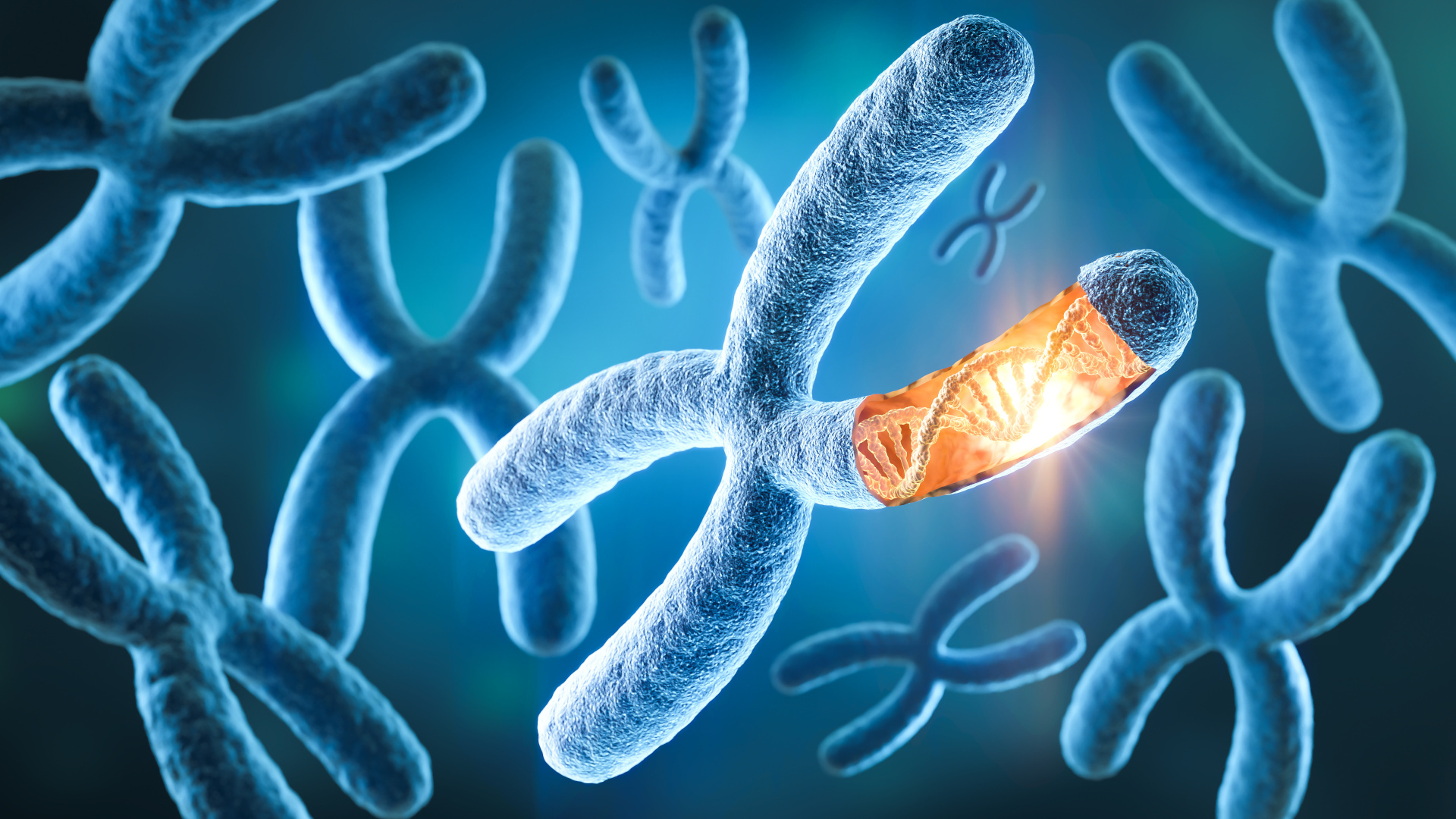Molecular Genetics I
Molecular Genetics I
Prof. Dr. Stefan Westermann
Kinetochores and the Microtubule Cytoskeleton
Starting out from a single fertilized egg, an adult human body contains about 100 Trillion cells. All of the cells in an organism are generated by division of existing cells, and the genomic building plan of the organism, in the form of chromosomes, needs to be exactly copied and divided between cells during the division process. How do cells achieve the segregation of their genomes with such remarkable precision? What type of molecular defects may underlie errors in chromosome segregation, which can give rise to birth defects and cancer? My laboratory is trying to understand how the duplicated genome is passed accurately from one cell generation to the next.
We are following two related questions:
- How are Kinetochores constructed to allow accurate chromosome segregation?
We are performing a detailed functional analysis and biochemical reconstitution of the budding yeast kinetochore. -
How are Microtubules organized and regulated to move chromosomes?
We are investigating molecular motors and other microtubule-associated proteins in order to understand how they function, how they are regulated and how they organize microtubules.
Experimental Techniques
- In-vitro reconstitution and biochemical analysis of proteins and multi-protein complexes.
- Yeast genetics and functional analysis of the chromosome segregation machinery in-vivo.
- Advanced imaging techniques, such as total internal reflection fluorescence microscopy with single-molecule sensitivity and reconstituted assays for dynamic microtubule growth.

Prof. Dr. Stefan Westermann
Faculty of Biology
Center of Medical Biotechnology
University of Duisburg-Essen
News
Press Releases

Molecular Stop Signal Identified The Surveillance System of Cell Division
[09.09.2024] Several million cells divide every second in our bodies. During nuclear division (mitosis), the genetic material must be distributed correctly and completely between the daughter cells - errors in this process can lead to defective developments or genetic disorders, and many cancer cells are also characterised by unequal numbers of chromosomes. Therefore, if errors in the division process become apparent, the cell can stop it. Biologists at the University of Duisburg-Essen have been able to elucidate this process at a molecular level. The scientific journal ‘Current Biology’ has published their findings.


